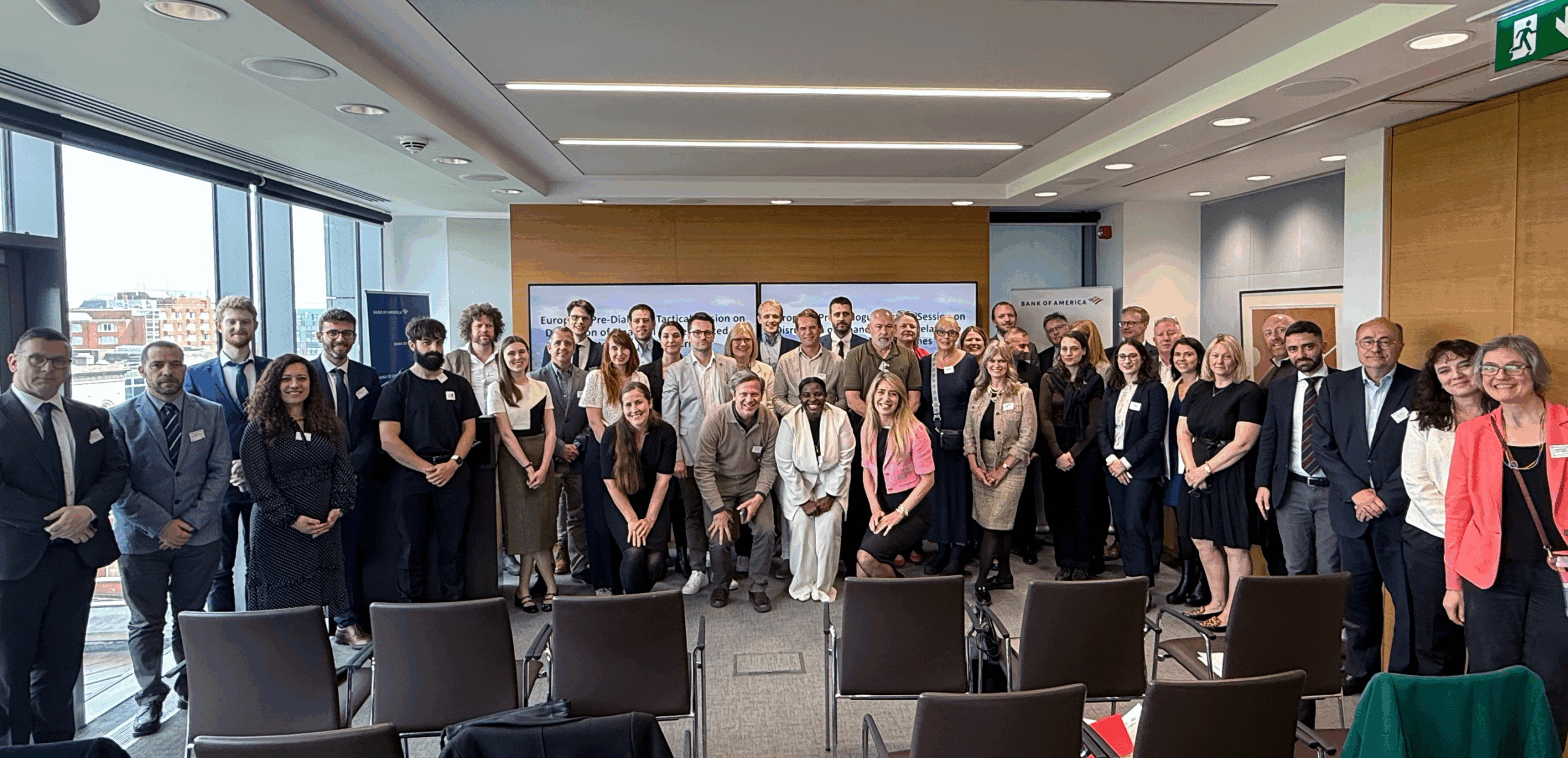Dialogue spotlights Europe’s role in tackling financial crime linked to environmental crime

The Nature Crime Alliance Secretariat continued its work to tackle financial crime linked to environmental crime through its support of a major convening of financial institutions and law enforcement actors.
The second ‘European Regional Private Sector Dialogue on the disruption of financial crime related to crimes that affect the environment’ took place in Dublin on 8 May.
Organised in collaboration between Nature Crime Alliance members the UN Office on Drugs and Crime, the World Resources Institute, and INTERPOL, as well as United for Wildlife, the Dialogue brought together a powerful coalition of actors working to disrupt the financial flows that enable environmental crime.
Driving cross-sector engagement
Hosted by Bank of America at their Dublin office and funded by Norway’s International Climate and Forest Initiative (NICFI), the Dialogue gathered 45 participants representing 10 global financial institutions and 13 international organisations, including Europol, from 13 countries across Europe as well as South Africa and the United States.
Chaired by John Edward Conway, Executive Secretary of the Wolfsberg Group, and coordinated by Lynn Schlingemann, Senior Associate Financial Crime and Corruption, Nature Crime Alliance, World Resources Institute, the discussions focused on identifying red flags, risk indicators, and suspicious financial activity related to these crimes.
Participants explored key priorities for Europe in addressing financial crimes associated with illegal deforestation, waste and pollution crimes, illegal gold trade and laundering, as well as trafficking in eels and exotic pets.
Identify risk, increase understanding
The Dialogues aim to bolster the capacity of the financial sector to identify and disrupt financial crimes linked to environmental crime. Following the Dublin Dialogue, 94% of participants reported that the meeting helped them or their institutions identify new risk indicators and/or suspicious transactions.
The majority of attendees also noted a significant improvement in their understanding of the investigative and technical capabilities that banks, law enforcement, and civil society are deploying in disrupting the threat. In addition, 100% of participants saw value in the Dialogue as a networking platform and expressed interest in continuing engagement with this initiative.
With Europe playing a central role in combating illicit financial flows linked to environmental crime, this Dialogue marks another step in strengthening global cooperation and responses to these crimes.
For more information, contact Lynn Schlingemann, Senior Associate Financial Crime and Corruption, Nature Crime Alliance, WRI: lynn.schlingemann@wri.org

